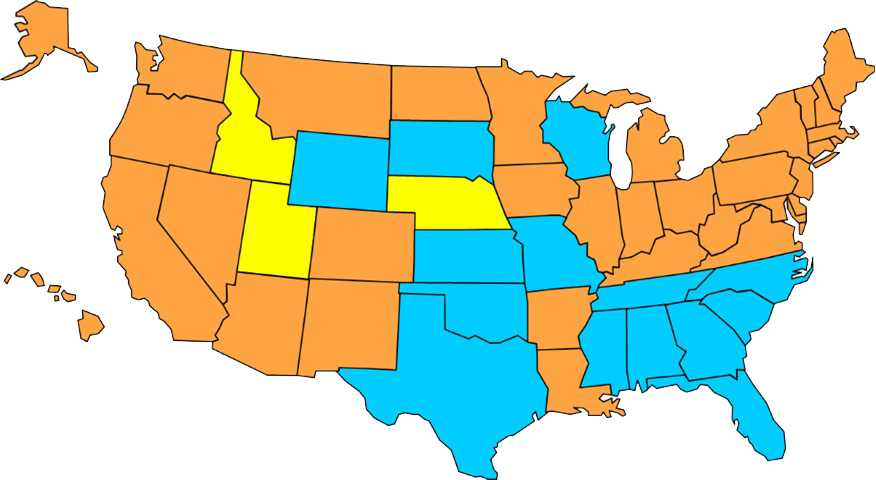Overview
The Patient Protection and Affordable Care Act (ACA) required states to expand Medicaid to a newly eligible adult population–those who are younger than 65 years old, not pregnant, not eligible for Medicare, and who have family incomes up to 133% of the federal poverty level (FPL, 138% with 5% income disregard). However, the 2012 US Supreme Court decision on the constitutionality of the ACA made this expansion optional for states. The federal government financed the Medicaid expansion at 100% for the first 3 years (2014-2016) and began to taper each year after through 2020, when federal financing will be fixed at 90%.
Because the Medicaid expansion is a state option, some are expanding and others are not. Still others have proposed a “private option” using federal Medicaid funds to subsidize the state’s ex-pansion population’s insurance premiums on plans purchased through an insurance marketplace. A number of Medicaid expansion proposals have been introduced via Medicaid Section 1115 waiv-ers, which include harmful provisions like work requirements. Some states are also using ballot initiatives to allow voters to decide if Medicaid programs should be expanded.
Facts
- The AAP supports state chapter advocacy for ACA Medicaid expansions to the newly eligible adult population.
- The AAP, through its Principles on Waivers, opposes expansion and other waiver provisions that would create barriers to coverage, such as elimination of EPSDT for 19-20 year-olds and cost sharing for those at low incomes.
- The AAP supports outreach efforts to former foster care children who have graduated from the foster care program and are eligible for Medicaid to age 26.
- States should replicate effective strategies–similar to those that have been effective in the Children’s Health Insurance Program (CHIP)–for enrolling children in Medicaid.
Progress
- 33 states and DC – currently participating in Medicaid expansion
- 14 states – currently not participating in Medicaid expansion
- 3 states – Medicaid expansion adopted but not yet implemented

More
- AAP StateHealth–AAP Supports Chapter Advocacy for ACA Medicaid Expansions
- AAP Principles on Waivers
- AAP State Advocacy Infographic–Expanding Medicaid Matters
- Center on Budget and Policy Priorities–Medicaid Expansion Tool Kit for Advocates